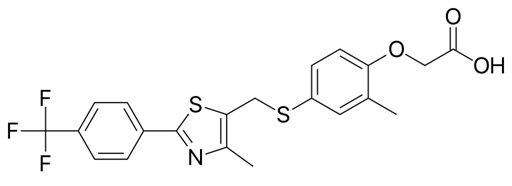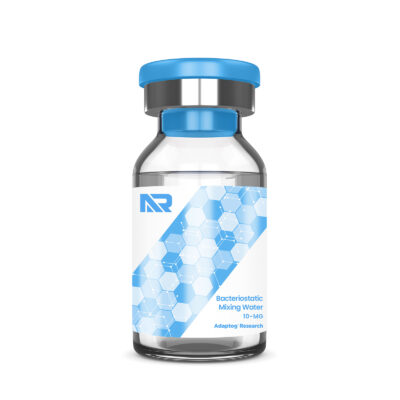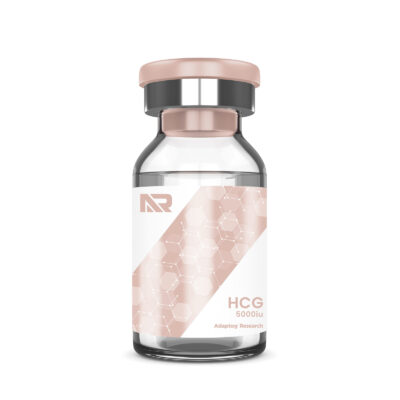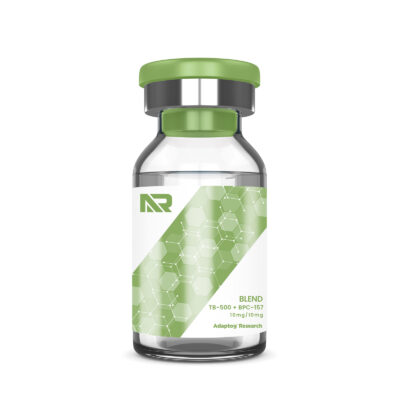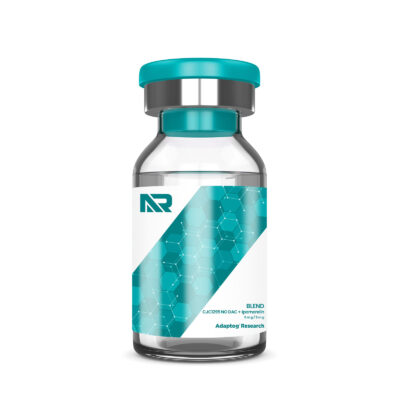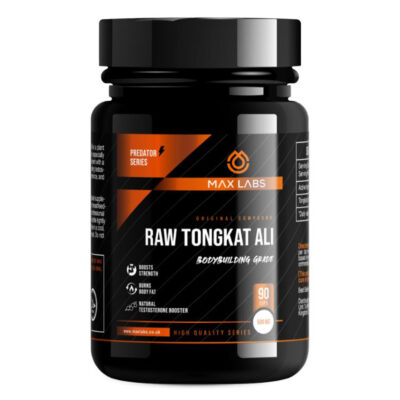Cardarine, often grouped with SARMs (Selective Androgen Receptor Modulators), is a compound that’s gained significant attention in the fitness and bodybuilding world for its reported ability to enhance endurance, support fat loss, and improve metabolic health. But is the hype justified? What does the science actually say about Cardarine’s benefits, risks, and real-world applications?
In this article, we’ll cut through the confusion and look at the most up-to-date research on Cardarine (GW501516), so you can make informed decisions about whether it belongs in your supplement stack.
What Is Cardarine?
Cardarine, also known as GW501516, is a PPARδ (Peroxisome Proliferator-Activated Receptor delta) agonist. This means it doesn’t act like a traditional SARM—despite often being sold alongside them—but instead works by stimulating receptors involved in fat metabolism and energy expenditure.
- Originally developed in the 1990s as a potential treatment for metabolic and cardiovascular conditions, Cardarine caught the attention of the fitness world due to its unique ability to mimic many of the effects of exercise at the molecular level.
- However, its development was halted due to safety concerns raised in early animal studies. Since then, a growing body of research has revisited the compound in a more nuanced way.
What the Early Research Found
Initial studies conducted in the early 2000s on mice and primates demonstrated Cardarine’s ability to improve lipid profiles, increase endurance, and reduce fat mass.
- One of the most cited studies, published in Cell Metabolism in 2004, found that mice given Cardarine could run significantly longer distances than control groups.
- The compound appeared to reprogram skeletal muscle to burn fat rather than glucose, essentially turning the body into a more efficient energy-burning machine.
- In primate studies, Cardarine showed promise in reducing LDL cholesterol and increasing HDL, which made it an exciting candidate for managing cardiovascular disease and metabolic syndrome. However, the enthusiasm was dampened when later animal studies reported an increased risk of cancer development with long-term high-dose exposure.
These findings led pharmaceutical developers to shelve Cardarine and label it unsuitable for human use. However, more recent investigations have painted a more complex picture.
Reassessing the Risks: What Newer Studies Suggest
The cancer concerns surrounding Cardarine stem from high-dose, long-duration studies in rodents. However, subsequent reviews have questioned the relevance of these findings to human use. For one, the doses used in those studies were far higher than what athletes or bodybuilders typically take. Secondly, rodents have different metabolic and hormonal responses, which may not directly translate to human outcomes.
Recent scientific interest has focused on revisiting Cardarine’s safety profile at lower dosages and in shorter cycles.
- A 2020 study published in Frontiers in Pharmacology highlighted Cardarine’s potential as a therapeutic target in treating fatty liver disease and insulin resistance.
- It also noted that no human clinical trials have definitively confirmed carcinogenic risks when Cardarine is used responsibly and in moderation.
That said, it’s important to emphasise that long-term human data is still limited. Cardarine remains a banned substance in professional sports, and it’s not licensed as a medicine in any country. Users should proceed with caution and always source the compound from reputable suppliers who offer purity testing and transparent lab results.
Potential Benefits of Cardarine Backed by Research
Despite its regulatory status, many users continue to experiment with Cardarine due to its potential benefits. Let’s look at what the most recent evidence suggests.
Enhanced Endurance
This remains Cardarine’s most well-supported effect. By stimulating fat oxidation and increasing mitochondrial activity, Cardarine allows muscles to use energy more efficiently.
A 2021 animal study in the Journal of Physiology and Biochemistry reported improvements in both endurance capacity and recovery speed, reinforcing earlier findings from the 2000s.
Fat Loss and Metabolic Improvements
Cardarine seems to help shift the body’s energy preference toward fat rather than carbohydrates. This metabolic switch can aid in fat loss without the muscle wasting associated with caloric restriction. Emerging evidence also supports its use in improving insulin sensitivity and glucose tolerance, making it a potential candidate for metabolic disorders—pending further research.
Cardiovascular Health
Some newer studies point to positive effects on cholesterol profiles, blood pressure regulation, and inflammation reduction. Although these are promising findings, they remain speculative until human trials offer clearer data.
What Cardarine Doesn’t Do
It’s worth clarifying what Cardarine isn’t. Unlike anabolic steroids or traditional SARMs, Cardarine doesn’t bind to androgen receptors and doesn’t promote muscle growth directly. While it can indirectly support a leaner physique by improving training output and fat metabolism, it isn’t a muscle-building compound on its own.
It also doesn’t require a PCT (post-cycle therapy), as it doesn’t suppress natural testosterone levels. That makes it an appealing option for those who want performance benefits without the hormonal risks.
Responsible Use: What to Consider
If you’re considering trying Cardarine, it’s crucial to be well-informed and cautious. Because Cardarine isn’t regulated or prescribed, the responsibility for safe use lies entirely with the user. That includes sourcing the compound from a trusted seller and using it within responsible dosage ranges.
- Typical user cycles are around 10–12 weeks, with daily doses between 10–20mg.
- Stacking with other SARMs like Ostarine (for muscle preservation) is common, but it’s vital to monitor how your body responds and avoid exceeding recommended dosages.
Legal and Ethical Considerations
Cardarine is on WADA’s prohibited list and is banned in professional sports. If you are a tested athlete, you should not use it under any circumstances. However, for non-tested individuals looking to optimise fat loss, endurance, and metabolic performance, Cardarine remains a grey-area supplement that many continue to explore.
That said, the market is flooded with low-quality or mislabelled products.
- Buying from unverified sources can lead to ineffective or even dangerous results.
- Lab-tested, UK-based suppliers who can provide a Certificate of Analysis (COA) for every batch are essential.
Final Thoughts: The Research Is Promising but Incomplete
Cardarine is one of the most intriguing and misunderstood compounds in the performance-enhancing world. While its benefits for endurance, fat metabolism, and cardiovascular health are supported by strong preclinical data, more rigorous human studies are needed to fully confirm its safety profile.
Until that happens, responsible use—at reasonable doses and cycle lengths—is the best way to mitigate potential risks. And sourcing your products from a reputable supplier is non-negotiable.
Buy SARMs Safely from UK SARMs
- If you’re considering Cardarine or other SARMs, quality and safety should be your top priorities.
- At UK SARMs, we’re committed to providing lab-tested, pharmaceutical-grade compounds you can trust. Every batch is independently verified, so you know exactly what you’re putting into your body.
👉 Shop now at UK SARMs and experience the difference that trusted quality makes.

